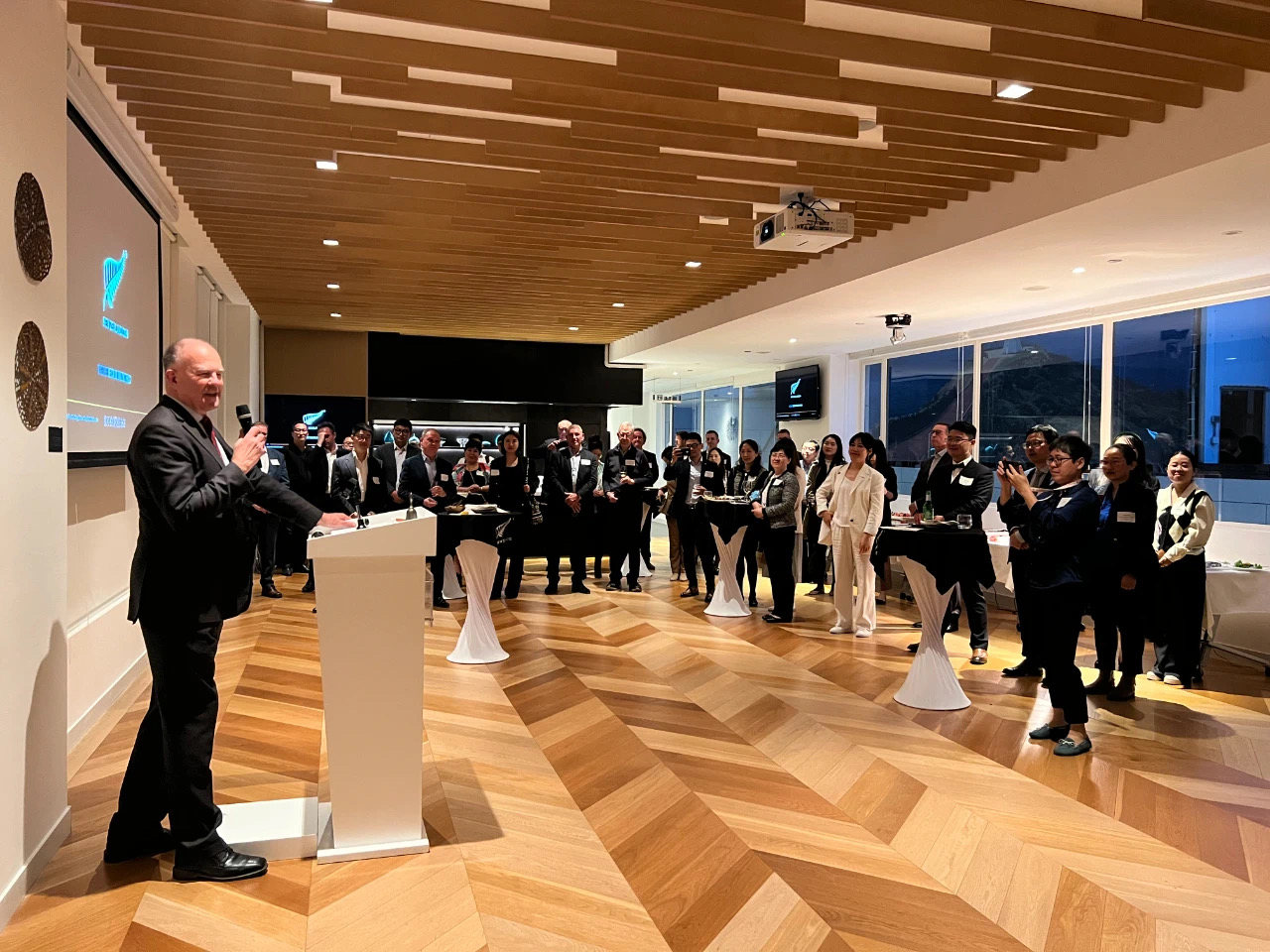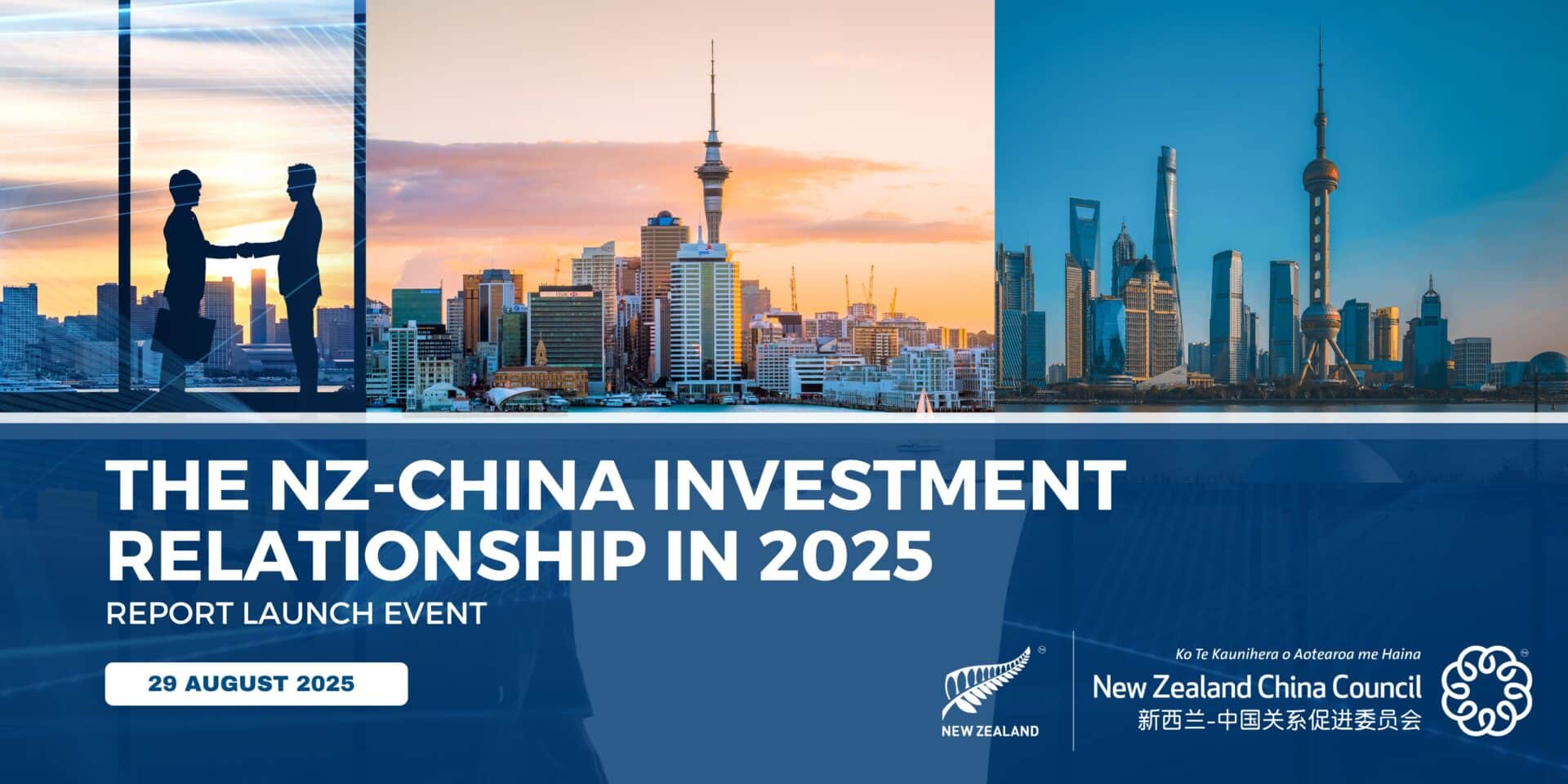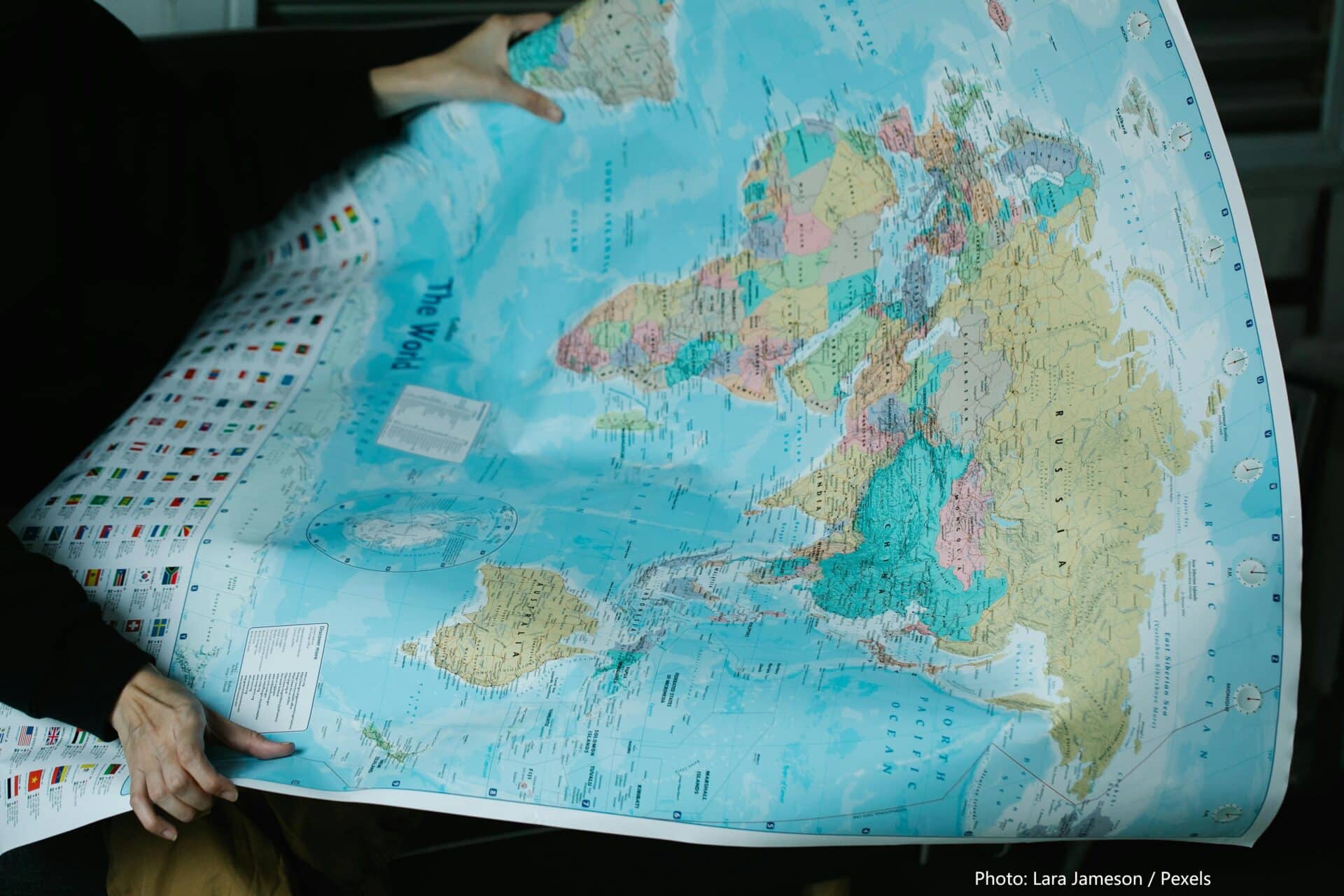What does the future hold for China?
This article was originally published on www.newsroom.co.nz on 7 June 2023 with the title “NZ must sell smarter to young ‘Made in China’ market.”
If you visit any number of cities in China, you may feel the streets are a little quieter. This isn’t due to any lingering tendency for people to stay home after years of China’s zero-Covid policy. It’s because the roar of gasoline-powered cars is giving way to the gentle hum of electric vehicles.
It’s a small sign of how China is changing, but not the only one I picked up last month during a New Zealand China Council delegation to Shanghai, Beijing, and Shenzhen, our first since the country reopened its borders to the world in March.
I was eager to see how China had been affected by the pandemic, how it had changed and what the future might hold in store. Alongside the surge in EVs, there were other signs that point to a country determined to continue developing as an innovative and forward-looking nation.
Covid? China has moved on. Masks were only compulsory at Shanghai International Airport, although many people still wear them, especially serving or front office staff. But as in New Zealand, personal restrictions like mask mandates and social distancing are no longer a part of daily life.
Yet, the impact of the pandemic in China was clearly profound. After moving on from the zero-Covid policy, it is reported that a large number, especially the elderly, had died. We heard harrowing stories of circumscribed weddings, bereaved unable to attend funerals, and restrictions on moving from one part of the country to another. Some were familiar to us from our experience in New Zealand, but the duration and intensity of Covid measures in China and their economic impact were undeniably greater.
In the springtime of May 2023, however, there were signs that China is moving ahead with optimism. The economy is projected to grow 5.4 percent this year, a decline from pre-Covid rates but still impressive. Domestic tourism is experiencing a surge following the relaxation of Covid restrictions. During the May 1 holiday alone, a staggering 15 million people flocked to greater Shanghai.
To put this into perspective, that’s over half the entire population of Australia. It’s no wonder the train station was teeming with crowds. On the other hand international tourism, including for these purposes mainland visits to Hong Kong, will take longer to rebound. One factor adding to the challenge is the delay in renewing or obtaining passports and visas.
China’s world-leading uptake of electric vehicles speaks to how seriously the country is pushing to decarbonise its economy. Clearly distinguished by green licence plates, owners receive substantial incentives to go electric, accelerating China’s clean energy transition in transportation. Having said that, the country still relies heavily on coal for its energy supply and will continue to do so beyond the current ‘peak’ carbon date of 2030.
It’s also apparent though that China also faces significant and structural economic headwinds. Local government debt is currently at very high levels, as is youth unemployment. Add to this the problem of China’s aging population, and there are justifiable questions as to whether the country can sustain growth in the coming years, or its competitive advantage against nearby countries in Southeast or South Asia.
Street-side posters lauding the accomplishments of the Chinese Communist Party were a frequent reminder that China’s political system is very different to ours and the nations of North America and Europe. There is anxiety amongst many Chinese about the current state of relations between China and the United States.
The message we heard is that China still has two significant industrial advantages: infrastructure and education. The former means that the cost and time of transporting goods from inland factories to ports is still far lower in China than it is in competitor nations. The latter means that China has an assured home-grown supply of engineers and technicians, a supply which will serve it well in advanced manufacturing, if not in textiles.
We also wanted to monitor the consumer trend away from preferring imported products to made-in-China. While New Zealand continues to sell a huge amount to China, young Chinese in particular now see local products as attractive.
From what we saw, it is doubtful that China will itself be able to meet all the local demand in the product categories that New Zealand exports in abundance. We will, however, need to market our products smarter, and a visit to one of Fonterra’s local Application Centres which was experimenting with combining Chinese and ‘western’ tastes suggest this is already happening.
And what of the larger geopolitical picture? Street-side posters lauding the accomplishments of the Chinese Communist Party were a frequent reminder that China’s political system is very different to ours and the nations of North America and Europe. There is anxiety amongst many Chinese about the current state of relations between China and the United States. News that China and the US had held talks in Vienna became public as the delegation was leaving. This will have dispelled some, but not all, of the anxiety we encountered.
New Zealand is often characterised by Chinese as having, for a ‘western’ country, an exemplary relationship with China. We did at times point out that we have friends all over the world (to adapt a phrase of Chairman Mao), including the likes of Australia and the United States. And that our relationship with China flourished despite the fact that we did not always agree with its approach to issues, and sometimes would say so publicly.
On the surface, at least, much in China appeared unchanged after my four years away. Yet, there were more signs than ever of a sophisticated, innovative and dynamic society. China will be part of our world for the foreseeable future. Even if we don’t like or can’t understand all that we see, the better we know it, the better off we will be.












 MENU
MENU
